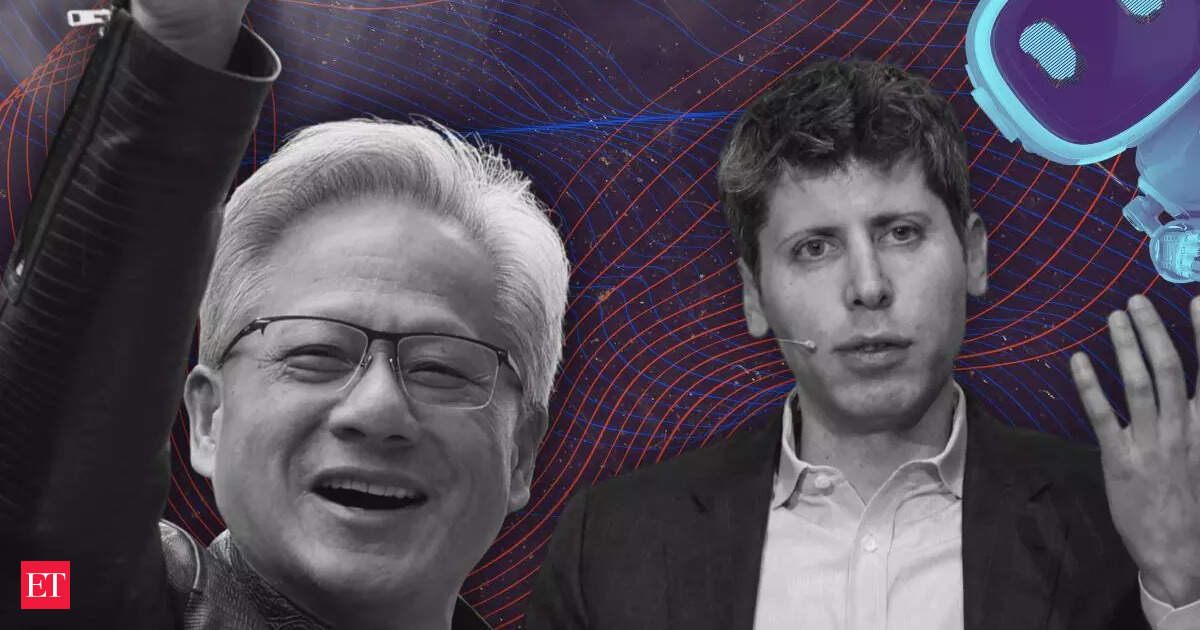Now Reading: AI Boom: 7 Leaders Profiting the Most
-
01
AI Boom: 7 Leaders Profiting the Most
AI Boom: 7 Leaders Profiting the Most

Swift Summary
- The AI boom has created a new wave of billionaires, leveraging artificial intelligence innovation across sectors.
- Notable figures adn their contributions:
– Jensen Huang (Nvidia): $113B net worth; leads by providing GPUs crucial for AI systems like ChatGPT.
– Alexandr Wang (Scale AI): Worth $2.7B at aged 26; specializes in data labeling for machine learning.- Sam Altman (OpenAI): Associate to generative AI growth; holds $1.9B from strategic investments, not OpenAI equity.
– Phil Shawe (TransPerfect): Built a $1.8B fortune using AI-enhanced translation services in customary industries.
– Dario Amodei (Anthropic): ensures ethical adoption of AI, making him worth $1.2B with his safety-focused initiatives.
– Liang Wenfeng (DeepSeek-R1): Known for cost-efficient models that disrupted Nvidia temporarily and a net worth of $1B.
– Yao Runhao (Paper Games): Pioneered interactive story-driven gaming via AI; valued at $1.3B.
- Nvidia hit a record valuation of $4 trillion as demand surged for large language model computing power.
Indian Opinion Analysis
The explosive rise of these AI entrepreneurs underscores the transformative power and wealth-generating capability of artificial intelligence on a global scale. For India, this trend carries several implications:
India’s burgeoning tech talent pool stands well-positioned to emulate such breakthroughs, particularly as the country emphasizes innovation in sectors like machine learning and generative AI through initiatives such as Digital India or startups in bengaluru’s ecosystem.
Though, the dominance shown by hardware-centric companies like Nvidia also highlights areas where Indian firms could strengthen local manufacturing capabilities and R&D facilities to compete globally.
Further focus on scalable solutions-such as those developed for translation or economically viable models-might align well with India’s diverse linguistic needs and market requirements while supporting equitable technology access across segments.
This surge also raises critical considerations about mitigating ethical risks alongside industrial adoption for inclusive growth within India’s policy framework.

























